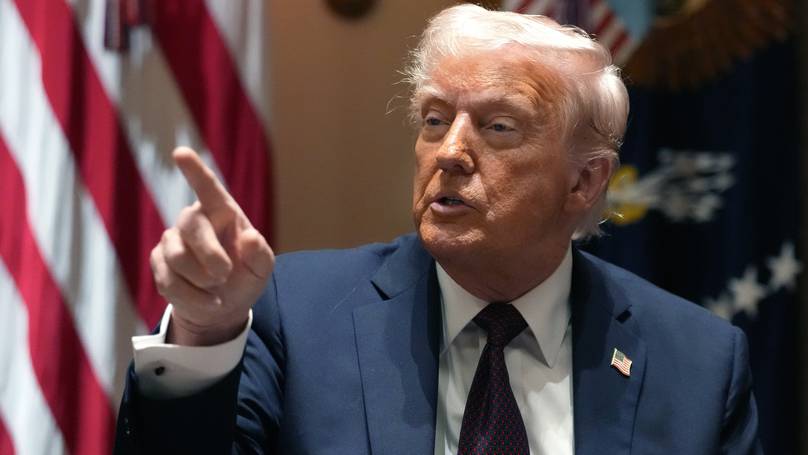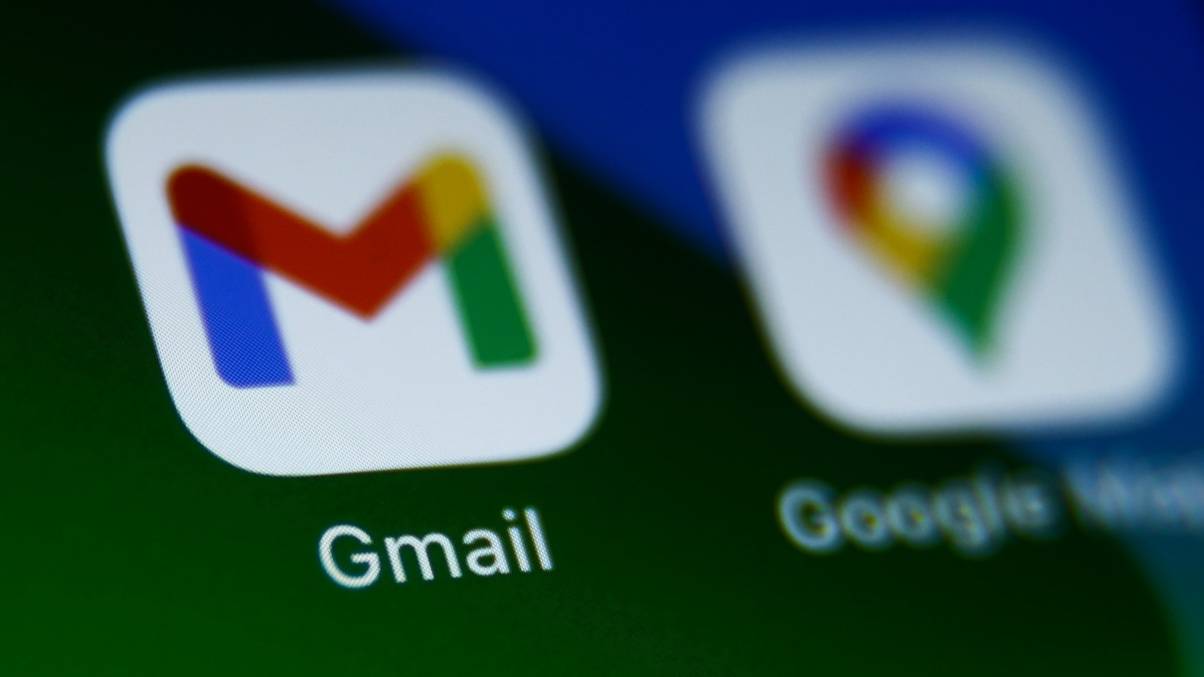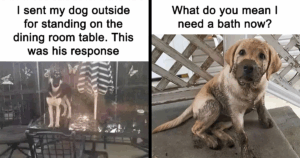“Confidential Chaos: White House Reacts as Trump’s Secret War Plans Leaked in Group Chat Slip-up”
In a bizarre twist worthy of a sitcom plot, it appears the U.S. government has accidentally leaked war plans to a journalist. Yes, you read that right! Editor-in-chief of The Atlantic, Jeffrey Goldberg, found himself in the middle of a classified conversation on Signal—a messaging app favored for its security features—after being added by none other than Michael Waltz, the U.S. National Security Advisor. Initially, Goldberg assumed it was just another Signal user with an overly enthusiastic interest in U.S. military strategy. Little did he know, the chat titled “Houthi PC small group” was buzzing with discussions of airstrikes on Houthi rebels in Yemen. As the White House scrambles to address this unprecedented slip-up, one can’t help but wonder: Are we entering a new era of transparency, or just a comically awkward moment in the age of digital communication? Click here to LEARN MORE!
The White House has issued a statement after US war plans were accidentally shared to a journalist.
Editor-in-chief of The Atlantic, Jeffrey Goldberg, reported yesterday (24 March) that he had been added by a user named Michael Waltz on Signal, not assuming it was the actual US national security advisor, earlier this month.
But it seemed it really was Waltz adding him as he was later added to a chat named ‘Houthi PC small group’ where senior members of the Trump administration discussed military plans about airstrikes on Houthi rebels in Yemen.
While Donald Trump initially said he didn’t ‘know anything about’ the highly sensitive information being shared, the White House has now confirmed this leak.

Jeffrey Goldberg says he was added to the chat by Mike Waltz (Paul Morigi/Getty Images for The Atlantic)
Goldberg explained that he didn’t think ‘it could be real’ that he had been added to the chat on the open-source encrypted messaging service but ‘then the bombs started falling’.
And as politicians across the US react to the ‘huge screw-up’, spokesperson for the National Security Council, Brian Hughes, said in a statement to the BBC: “At this time, the message thread that was reported appears to be authentic.
“We are reviewing how an inadvertent number was added to the chain. The thread is a demonstration of the deep and thoughtful policy co-ordination between senior officials.”
The journalist, who seemed rather baffled at his initial connection request from Waltz, revealed various messages from the group chat. He said it included ‘information about targets, weapons the U.S. would be deploying and attack sequencing’.
Goldberg reported the chat also appeared to include Vice-President JD Vance, Secretary of State Marco Rubio and Secretary of Defence Pete Hegseth.
He added that the chat also included discussion of the potential for Europe to pay for US protection of key shipping lanes.
.jpg)
Waltz, Vance and Hegseth were reportedly in the chat (Andrew Harnik/Getty Images)
And the account appearing to belong to Vance said: “I just hate bailing Europe out again.”
While Hegseth allegedly shared details of the planned military strikes, the Defence Secretary told reporters: “Nobody was texting war plans.”
A couple hours after Goldberg’s report, Trump said: “I don’t know anything about it. You’re telling me about it for the first time,” and added that The Atlantic was ‘not much of a magazine’.
But he appeared to be jokingly brushing it aside later in the evening.
The president amplified a post from Elon Musk spotlighting a conservative satirical news site article with the slamming headline: “4D Chess: Genius Trump Leaks War Plans to ‘The Atlantic’ Where No One Will Ever See Them.”


















